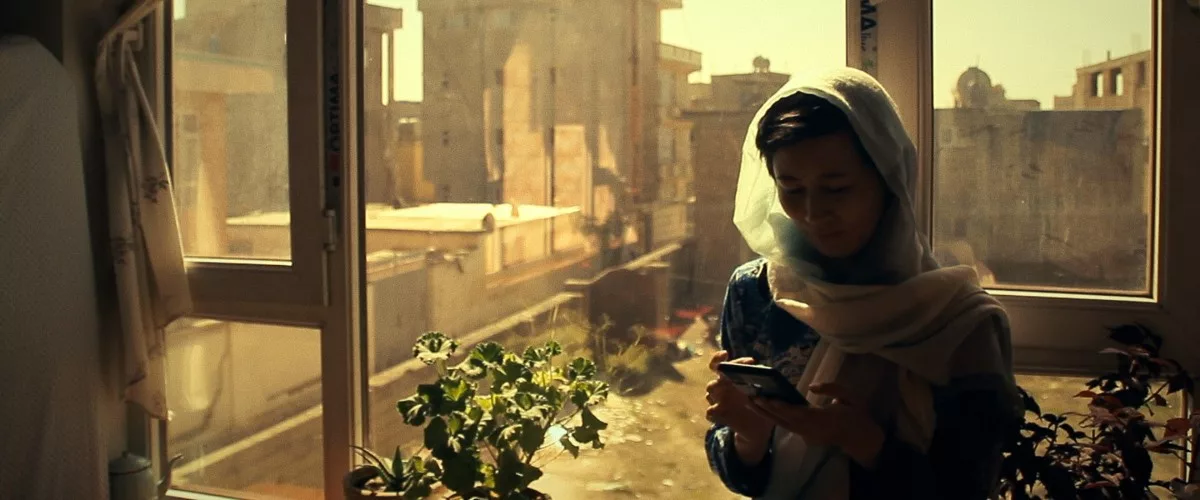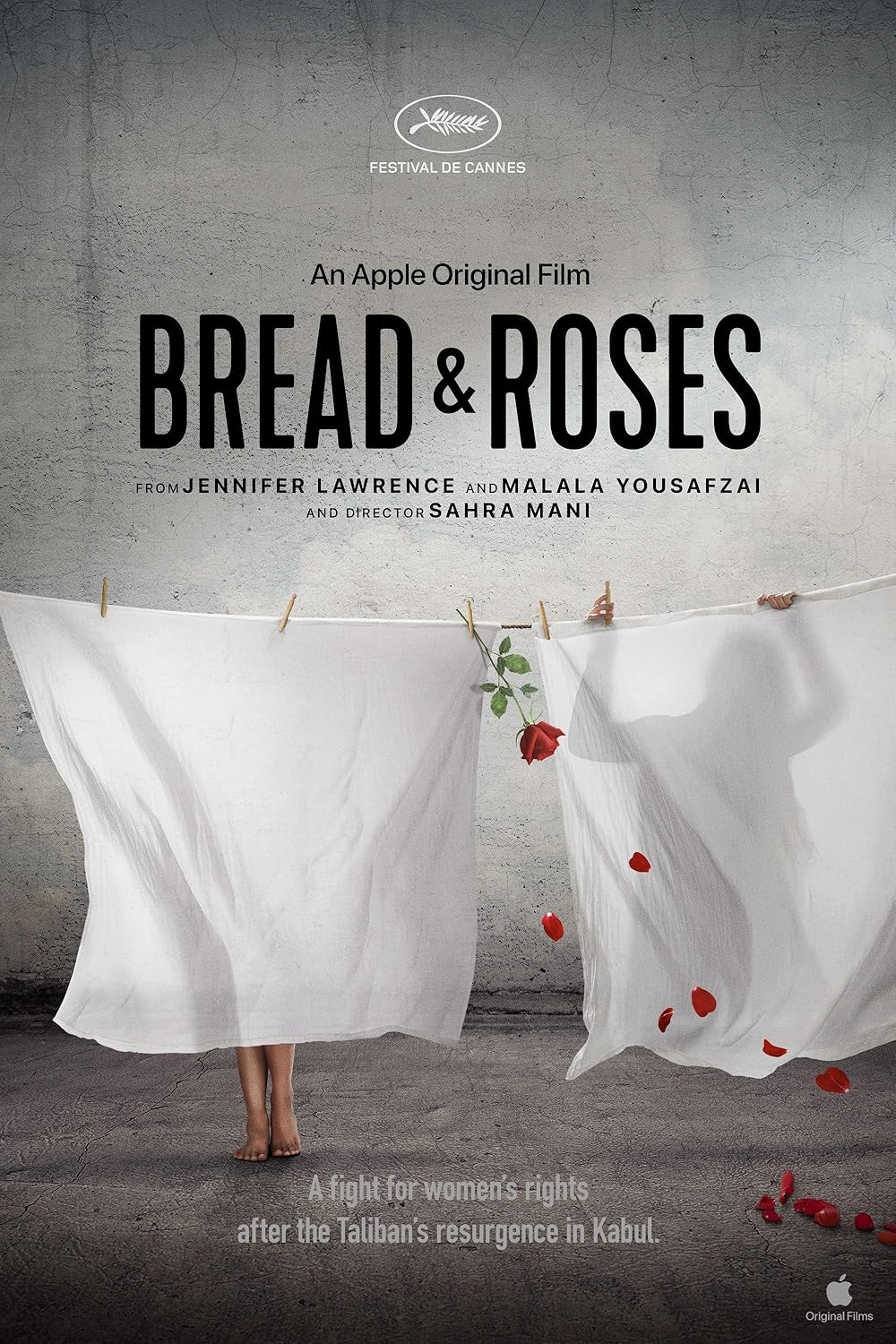Examining how a regime treats women is often the shortest cut to grasping the said regime’s roots and priorities. In that, it’s no coincidence that outspoken women are often seen as a threat in conservative governments looking to unambiguously establish and advance a patriarchal order. This truth rarely comes into more urgent focus than in Afghan director Sahra Mani’s harrowing, Jennifer Lawrence-produced documentary “Bread & Roses,” a vital account of present-day Afghanistan under the Taliban. Or rather, contemporary Afghan women under the rule of the Taliban, which seized control of the country upon the fall of Kabul after U.S. troops clumsily vacated Afghanistan fully in the summer of 2021.
The aftermath of the retrograde has been disastrous on many levels, but as Mani courageously puts on display, the 15 million women left behind were among the ones who were hit the hardest. (And equally troublingly, they were also an afterthought in the global coverage of the events by international media.) In that, schools were shuttered, unthinkable restrictions about how a woman could appear in public were introduced (e.g., not without male accompaniment), and a nationwide system that imprisoned women and girls in their homes took hold. Known previously for her devastating “A Thousand Girls Like Me”—about a 23-year-old Afghan girl whom her father sexually abused—Mani this time follows three women among the millions, giving a voice to the overlooked and capturing their fight and plight through a you-are-there verité sensibility in the immediate days after Taliban’s rise back to power.
One of those women is Zahra, an accomplished dentist with a successful practice whose livelihood and existence get threatened upon the return of Taliban. A hopeful bride-to-be engaged to her sweetheart and an uncompromising activist, Zahra soon enough leads an underground resistance, organizing meetings as well as protests with other activists. The second participant is government employee Sharifa, who once enjoyed a real, thriving career, but is now stuck with the claustrophobia and restrictions surrounding her new life. And the third woman is Taranom, an activist living in exile in Pakistan, who lends the film one of its most memorable quotes: “May history remember that once upon a time, such cruelty was permitted against the women of Afghanistan.”
In a way, the inputs of everyone behind and in front of the camera actively validate and contribute to the historical purpose Taranom spells out—the subjects tirelessly record on their phones the cruelty, injustice, and hardships women brave, both in the streets through the “Work, bread, and education” slogans the demonstrators defiantly shout, and inside homes where women vocally rebel against the unjust hands they’ve been dealt. In fact, “Bread & Roses” is almost entirely the product of the recordings that Mani was sent by the three women and the other spectators on the ground. The combination of these pieces of footage results in both an unprecedented look at the situation through the direct access the audience is given to the realities and a slightly uneven narrative structure that co-editors Haideh Safiyari and Maria Mavati do their best to give some shape and momentum to. The good news is, they mostly succeed in their near-impossible task—even when the film’s rhythm inevitably drops and fluctuates, the lived-in moments we witness are still arrestingly potent. Among those moments are protests, yes. But also the mundane ins and outs of every life, a joyous wedding, and interactions that underscore the unbreakable spirit of sisterhood as a shared sacred space amid the women.
Elsewhere, two of the strongest and most unforgettable sequences of “Bread & Roses” emerge towards the beginning and near the end. The former is marked by terror as we witness, in utter pain and devastation, Taliban’s march into Kabul, spreading fear and chaos against the disquieting backdrop of gunshots. Contrastingly, hope is at the heart of the latter, when we get to hear from a group of young girls—not even tween-aged—articulately and fierily demanding the bright future they were once promised, despite the archaic belief systems that those aforesaid marchers have forced upon them. Through that powerful scene, Mani reminds the viewer that as long as such young minds hungry for freedom, justice and education exist and make noise, the patriarchy has something real to fear.




















